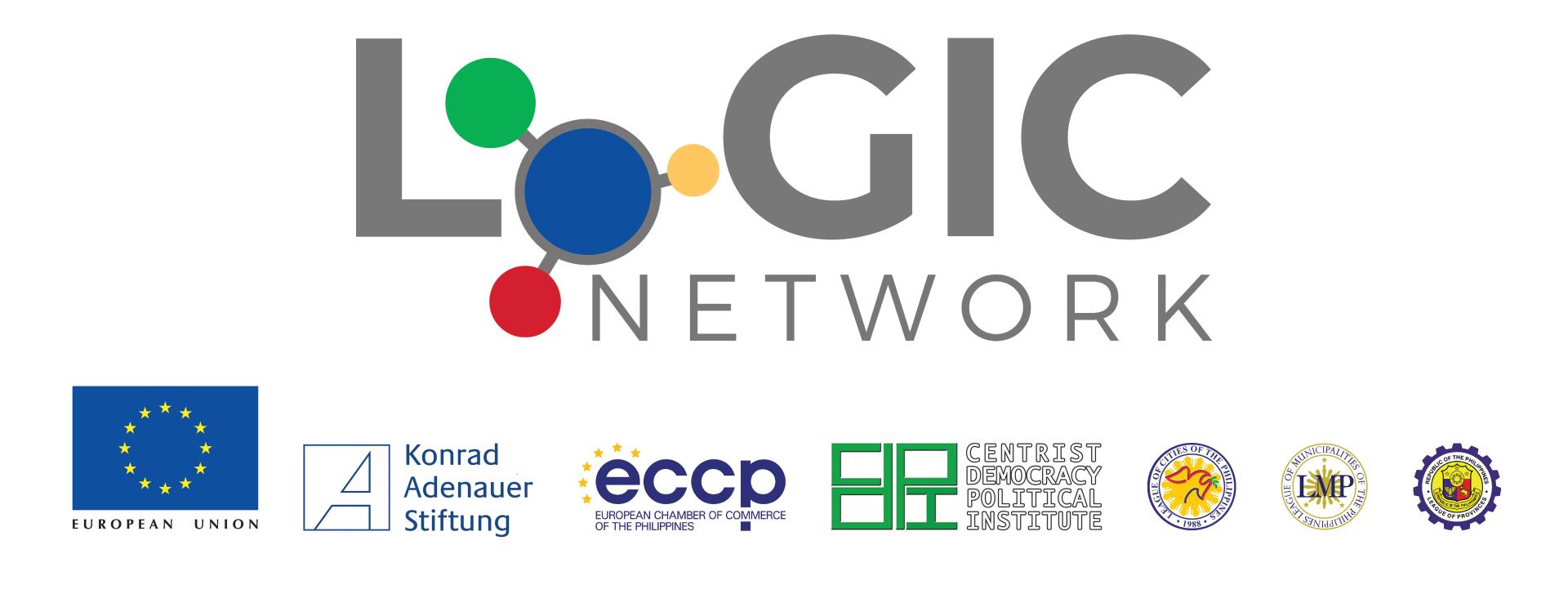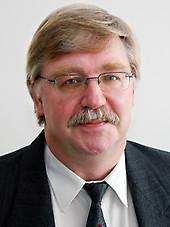Asset-Herausgeber
Local Government Integrity Circles (LoGIC) Project
Asset-Herausgeber
“Developing Countrywide a Culture of Integrity through Multi-Sectoral Local Government Integrity Circles,” also known as the Local Government Integrity Circles (LoGIC) Project, is a 3-year European Union (EU) and German Federal Ministry for Economic Development Cooperation (BMZ) co-funded project.
The project is being implemented by Konrad-Adenauer-Stiftung Philippines together with the European Chamber of Commerce of the Philippines (ECCP), Centrist Democracy Political Institute (CDPI), League of Provinces of the Philippines (LPP), League of Cities of the Philippines (LCP), and League of Municipalities of the Philippines (LMP).
The LoGIC Project aims to contribute to a culture of integrity in Local Government Units (LGUs) all over the Philippines by supporting the institutionalization of the LoGIC Network.
Specifically, it aims to achieve the following outcomes:
1) 300 LGUs have improved their local governance situation through the support offered to them in the LoGIC Network;
2) The majority of the relevant local governance civil society actors have connected their activities with LoGIC Network;
3) LGUs involved have improved integrity and strengthened confidence of investors and led to increased number of jobs;
4) LoGIC Network and its partners are assisting national agencies in implementing their governance programs more effectively.
The Multi-Sector Integrity Circles in each of the LGUs include a variety of steps, approaches, and measures to achieve the aims of transparent, accountable, and effective administration, leading to a supportive investment climate under the respective local environments. In the implementation of these mechanisms, many good and bad experiences are made at the different LGUs.
In addition, the Project is composed of three different stakeholder groups – the LGUs, private business, and civil society. They play important roles in providing different views, ideas, and assistance for achieving a culture of integrity. Even in each stakeholder group they have great diversity: provinces, cities, and municipalities in the group of local public administrations; local, national, and foreign business representatives in the private business group; and representatives of NGOs, the academe, media, churches, and religious communities in the civil society group. It turns out that the organizations and institutions from which they come could be highly supportive to achieve the joint aims.
Furthermore, it has become obvious that there are highly relevant opportunities for synergies between the local integrity efforts in the LGUs and the national programs of numerous agencies – like the Department of the Interior and Local Government, Civil Service Commission, Commission on Audit, Department of Trade and Industry, the Office of the Ombudsman – aiming for good governance, effective service provision, improved business climate, and investment promotion in the LGUs of the country.









